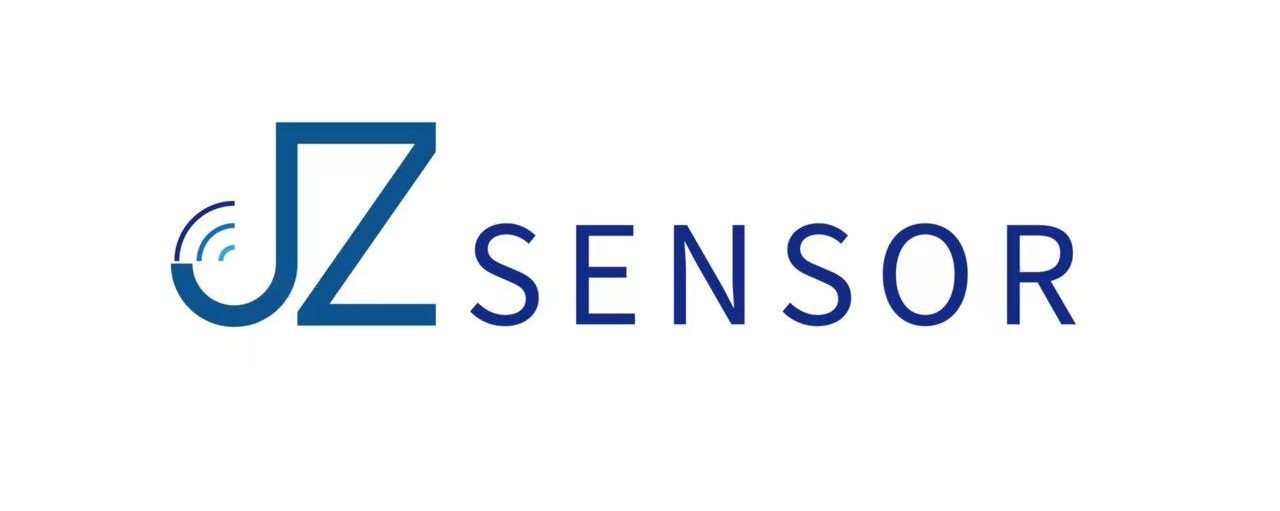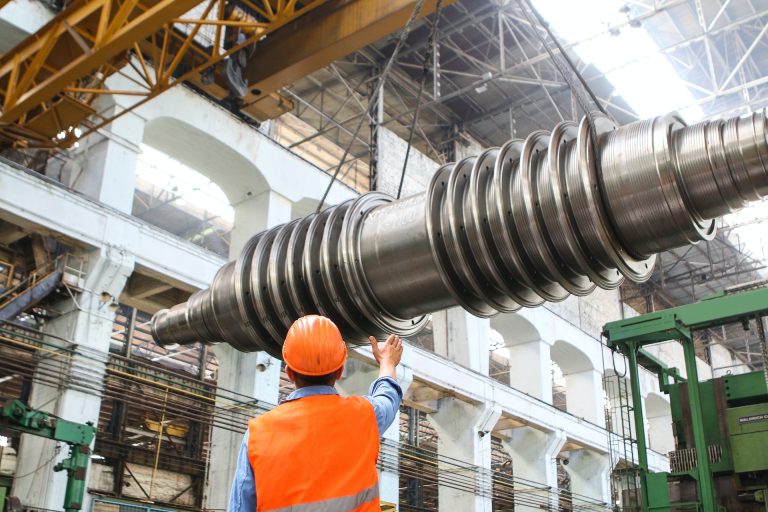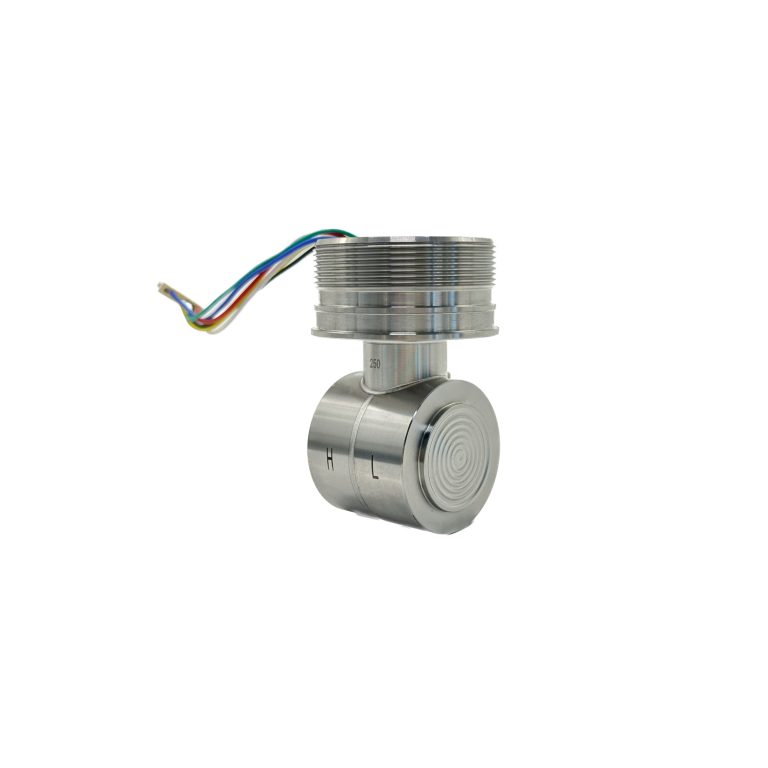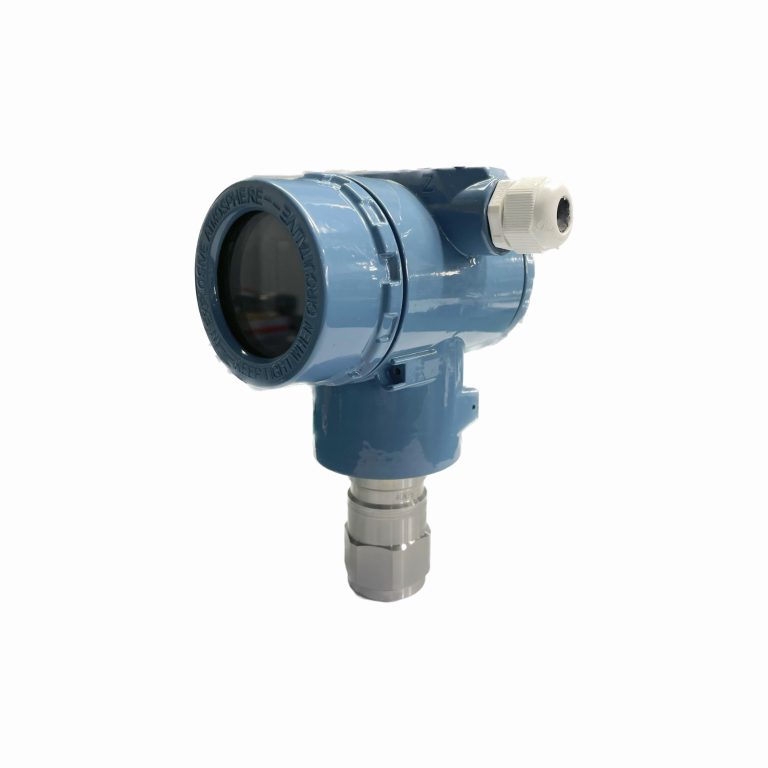Table of Contents
How to Interface a Differential Pressure Sensor with Arduino
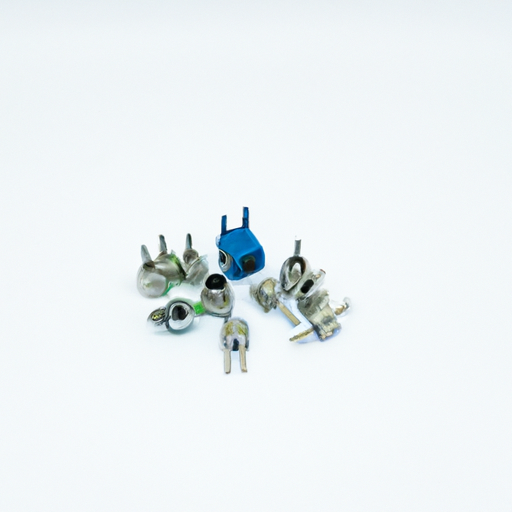
Differential pressure sensors are essential components in various industrial and commercial applications, providing accurate measurements of pressure differences between two points. These sensors are commonly used in HVAC systems, medical devices, and automotive applications to monitor and control pressure levels. When interfaced with an Arduino microcontroller, differential pressure sensors can be integrated into a wide range of projects for monitoring and automation purposes. One of the key advantages of using a differential pressure sensor with an Arduino is the ability to obtain precise pressure readings and convert them into digital data for further processing. This allows for real-time monitoring and control of pressure levels, enabling users to make informed decisions based on accurate data. Additionally, the Arduino platform offers a user-friendly interface for programming and integrating sensors, making it an ideal choice for DIY enthusiasts and professionals alike. To interface a differential pressure sensor with an Arduino, you will need to connect the sensor to the microcontroller using appropriate wiring and coding techniques. The first step is to identify the pinout of the sensor and determine the required connections for power, ground, and signal output. Once the connections are established, you can begin writing code to read and interpret the sensor data. In order to read data from the differential pressure sensor, you will need to use the analog input pins on the Arduino board. These pins can be configured to read voltage levels from the sensor and convert them into digital values using the built-in analog-to-digital converter (ADC). By sampling the sensor output at regular intervals, you can obtain a continuous stream of pressure readings for analysis and processing. When writing code for interfacing a differential pressure sensor with an Arduino, it is important to consider factors such as calibration, filtering, and error handling. Calibration involves adjusting the sensor readings to account for any offset or drift in the output signal, ensuring accurate and reliable measurements. Filtering techniques can be used to remove noise and fluctuations from the sensor data, improving the overall accuracy of the readings. In addition to calibration and filtering, error handling is crucial for detecting and correcting any anomalies in the sensor output. By implementing error-checking routines in your code, you can identify and address issues such as sensor malfunction or communication errors, ensuring the integrity of the data being collected. This proactive approach to error handling can help prevent potential issues and improve the overall performance of your sensor system.
Top 5 Differential Pressure Sensor Manufacturers in China
Differential pressure sensors are essential components in various industries, including automotive, aerospace, and HVAC systems. These sensors measure the difference in pressure between two points and provide valuable data for monitoring and controlling processes. In recent years, China has emerged as a leading manufacturer of differential pressure sensors, offering high-quality products at competitive prices. In this article, we will explore the top five differential pressure sensor manufacturers in China, focusing on their products, capabilities, and reputation in the industry. One of the leading manufacturers of differential pressure sensors in China is Arduino. Arduino is known for its innovative and reliable sensor technology, offering a wide range of products for different applications. Their differential pressure sensors are designed to provide accurate and precise measurements, making them ideal for critical applications where precision is essential. Arduino’s sensors are also known for their durability and long-term reliability, making them a popular choice among customers worldwide. Another top manufacturer of differential pressure sensors in China is Good Factory. Good Factory is known for its high-quality products and excellent customer service, making them a trusted name in the industry. Their sensors are designed to meet the highest standards of performance and reliability, making them suitable for a wide range of applications. Good Factory’s differential pressure sensors are also known for their affordability, making them a cost-effective option for customers looking to save on their sensor purchases.| Measuring medium | Gases, vapours, liquids |
| Inaccuracy | ±0.075% |
| stability | ±0.1%/3 years |
